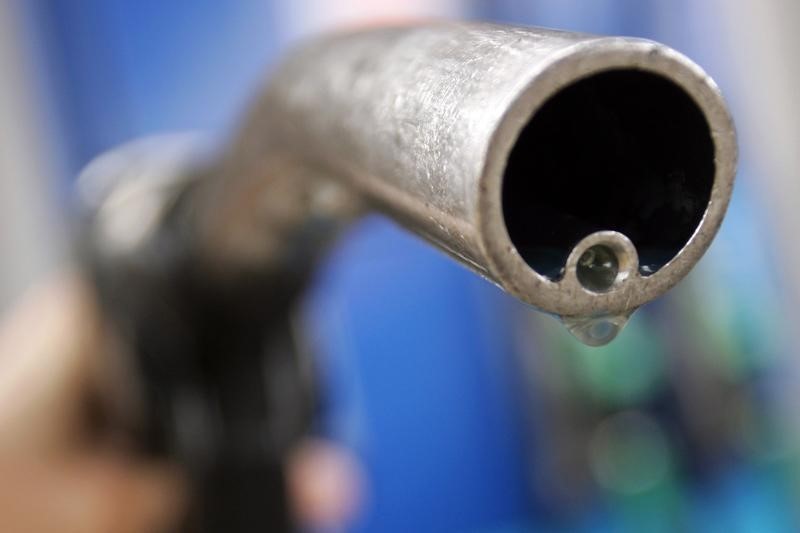Oil demand plummets up to 85%
The preventive and compulsory social isolation ordered by the national government had an immediate effect on fuel demand, and oil and petrol stations registered an initial drop in sales of up to 85% across the country

The preventive and compulsory social isolation ordered by the national government at the end of last week had an immediate effect on fuel demand, and oil and petrol stations registered an initial drop in sales of up to 85 percent across the country.
The CEO of YPF, Daniel González, sent a video to YPF employees that went viral. In the video he gave a first analysis of the effects that the isolation to prevent the spread of the coronavirus is having on the oil sector.
"Oil production is practically unaffected, although we stopped drilling and completing wells and we are leaving them in a safe condition," said González, noting that "gas production is starting to drop somewhat with demand up to 20% below" normal for this time of year.
The CEO of Argentina's largest oil company explained that YPF is "lowering the load on refineries by between 30 and 40 percent on average of crude oil processed to meet a much lower level of demand."
"The demand for gasoline is 70 percent lower than in the previous days, that of diesel fuel by 50 percent and aviation fuel drops by 90 percent," González stated, explaining that this situation leaves the company with the "need of exporting crude oil at low prices" whereby revenues "will be negatively affected."
The other two oil companies that dominate the fuel retail market -Axion and Raizen, a Shell licensee- explained to the agency Télam that their stations register falls of between 75 and 90 percent in gasoline, while the impact in diesel it is less.
The three companies -YPF, Raizen and Axion- that account for more than 90 percent of the market assured that they have all their fuel stations operational with the closing of the stores, with exceptions that reflect the need to attend to emergency services personnel and security and logistics.
The president of the Confederation of Hydrocarbon and Related Marketing Entities (Cecha), Gabriel Bornoroni, estimated that the drop in fuel sales at the 4,800 stations throughout the country is between 80 and 85 percent compared to the week prior to the implementation of mandatory isolation.
"The stations are selling 15 percent of what they normally sold," Bornoroni told Télam, explaining that the previous days of the decree that provided for compulsory isolation, "a peak in demand was observed by motorists who made long queues to get supplies" .
For the station manager, "this is a clear sign that people have begun to stay at home and only those who are doing some essential task are going to work."
Cecha is "putting together different proposals to face the payment of March wages to bring the National Government closer", which will be difficult to meet with the abrupt drop in sales, as occurs in practically all production and service sectors.